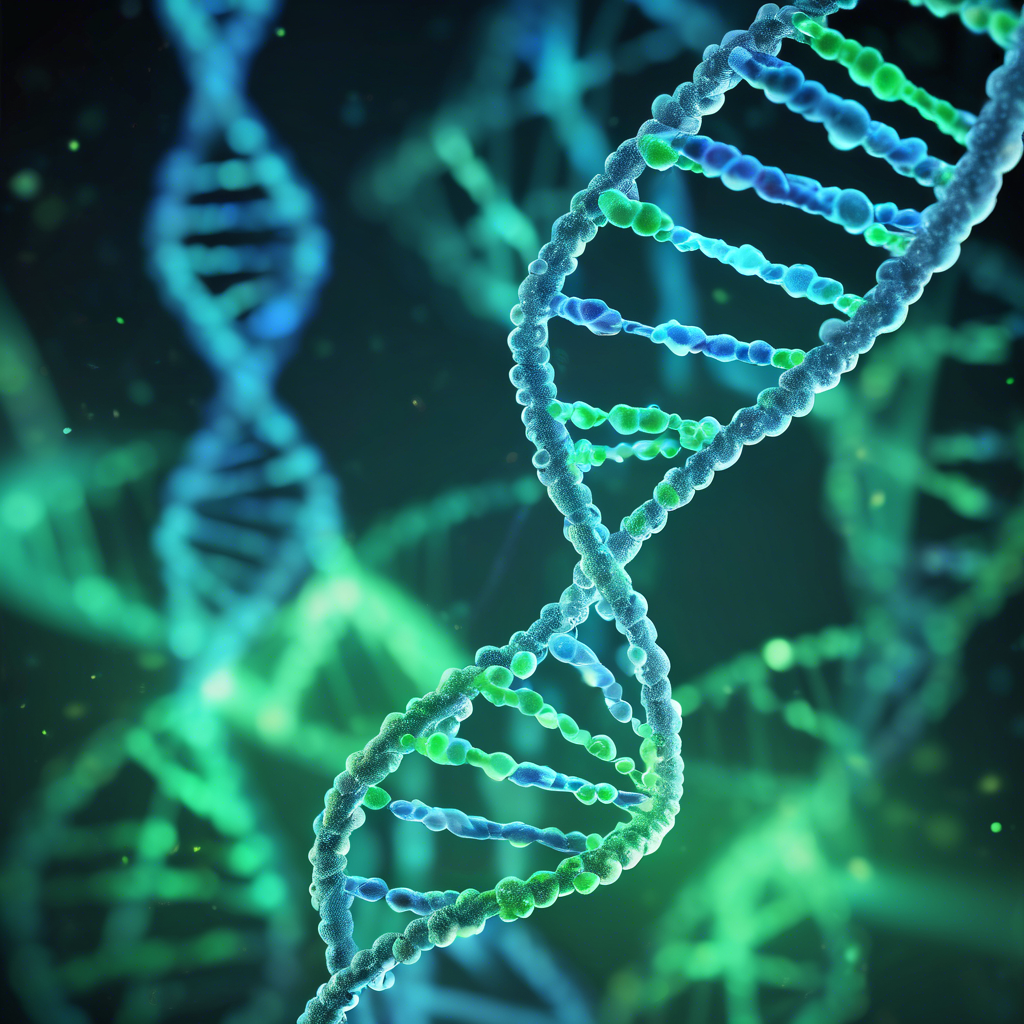
Cancer remains one of the most complex and challenging diseases of our time, influenced by a fascinating interplay of genetic, environmental, and lifestyle factors. While much focus has been placed on diet, exercise, and exposure to carcinogens, genetics play an equally pivotal role in shaping an individual's risk of developing cancer. Genetic markers—specific sequences within our DNA—have emerged as essential tools for assessing susceptibility, allowing for personalized prevention strategies that could transform the future of oncology and public health. Imagine knowing your unique genetic code to anticipate and counteract cancer long before it appears; this is no longer a distant dream, but a burgeoning reality.
So, what exactly are genetic markers? Think of them as signposts within your DNA that highlight inherited traits or mutations associated with diseases like cancer. Some of these genetic markers correspond to mutations in genes that regulate cell growth, DNA repair, and apoptosis (programmed cell death). When functioning correctly, these genes maintain cellular balance; but when mutated, they can lose their ability to control cell proliferation, leading to tumor formation. Imagine a traffic light stuck on green at a busy intersection—this unchecked cellular traffic can result in uncontrollable growth, manifesting as cancer. Scientists have extensively studied these markers, uncovering links that help predict who is at greater risk and enabling clinicians to tailor screening and prevention efforts accordingly.
Among the most well-known genetic mutations associated with cancer are those found in the BRCA1 and BRCA2 genes. These tumor suppressor genes, when altered, dramatically increase the risk of breast and ovarian cancers. Women carrying BRCA1 mutations face as much as an 80% risk of developing breast cancer by age 90, while BRCA2 mutations confer a 40-57% risk. Beyond breast and ovarian cancers, other genes such as CDKN2A, RAD51C, and PALB2 also contribute to elevated risks for cancers including melanoma, glioblastoma, pancreatic, and ovarian cancers. For instance, mutations in CDKN2A disrupt cell cycle regulation and may lead to familial melanoma, providing insight into hereditary cancer syndromes. Meanwhile, carriers of RAD51C mutations have a fivefold increased risk of ovarian cancer, with a lifetime risk hovering around 10-15%. The PALB2 gene, closely working with BRCA2, portends a roughly 45% chance of breast cancer by age 80 in affected women. These genetic insights not only enhance our understanding of the biological underpinnings of cancer but also underpin targeted interventions.
Recent advances in genetic testing have revolutionized how healthcare providers approach cancer risk and preventive measures. No longer is a one-size-fits-all approach sufficient; instead, programs like the WISDOM study spearheaded by Dr. Laura Esserman are reshaping breast cancer screening by individualizing recommendations based on genetic and other risk factors. The WISDOM study moves beyond the blanket age-based mammogram screenings, adopting a precision medicine philosophy to identify who might benefit from earlier, later, or more frequent screenings. This paradigm shift underscores how personalized care—powered by genomic data—can optimize outcomes and reduce unnecessary interventions. Such efforts embody the exciting convergence of genetic research, technology, and clinical practice aimed at proactive cancer prevention.
Capitalizing on these scientific breakthroughs, services like OncoPreventer offer a comprehensive, personalized approach to cancer prevention by integrating genetic analysis with artificial intelligence and preventive oncology. OncoPreventer conducts personalized cancer risk assessments by delving into an individual's unique genetic markers, clarifying their susceptibility to various cancers. They then craft custom prevention plans tailored to each person’s genetic risk profile, lifestyle, and environment, recommending nutrition adjustments, supplements, regular medical check-ups, and lifestyle modifications. This personalized roadmap empowers individuals to take actionable steps for reducing their risks. Notably, OncoPreventer employs advanced at-home screening tools, making health monitoring more convenient and encouraging proactive engagement. Their continuous health data monitoring system ensures that prevention strategies adapt over time, reflecting any changes in genetic risk expression or lifestyle factors. Such innovations are paving the way toward a future where informed, genetic-guided prevention may significantly reduce cancer incidence.
Understanding the role of genetic markers in cancer susceptibility marks a profound leap forward in our fight against this formidable disease. By unraveling the genetic threads that contribute to cancer risk, and combining this knowledge with cutting-edge technology and personalized care, services like OncoPreventer are empowering individuals to take control of their health destinies. While we cannot change our DNA, we can certainly use it as a compass to navigate personalized prevention, making informed lifestyle choices, and adopting targeted screenings that together enhance our chance of living cancer-free lives. The integration of genetic science into everyday health care promises a future where cancer prevention is not merely reactive but anticipatory and tailored—transforming hope into tangible health outcomes.
#GeneticMarkers #CancerRisk #PersonalizedMedicine #CancerPrevention #GeneticTesting #OncoPreventer #PrecisionHealth
Leave a Reply